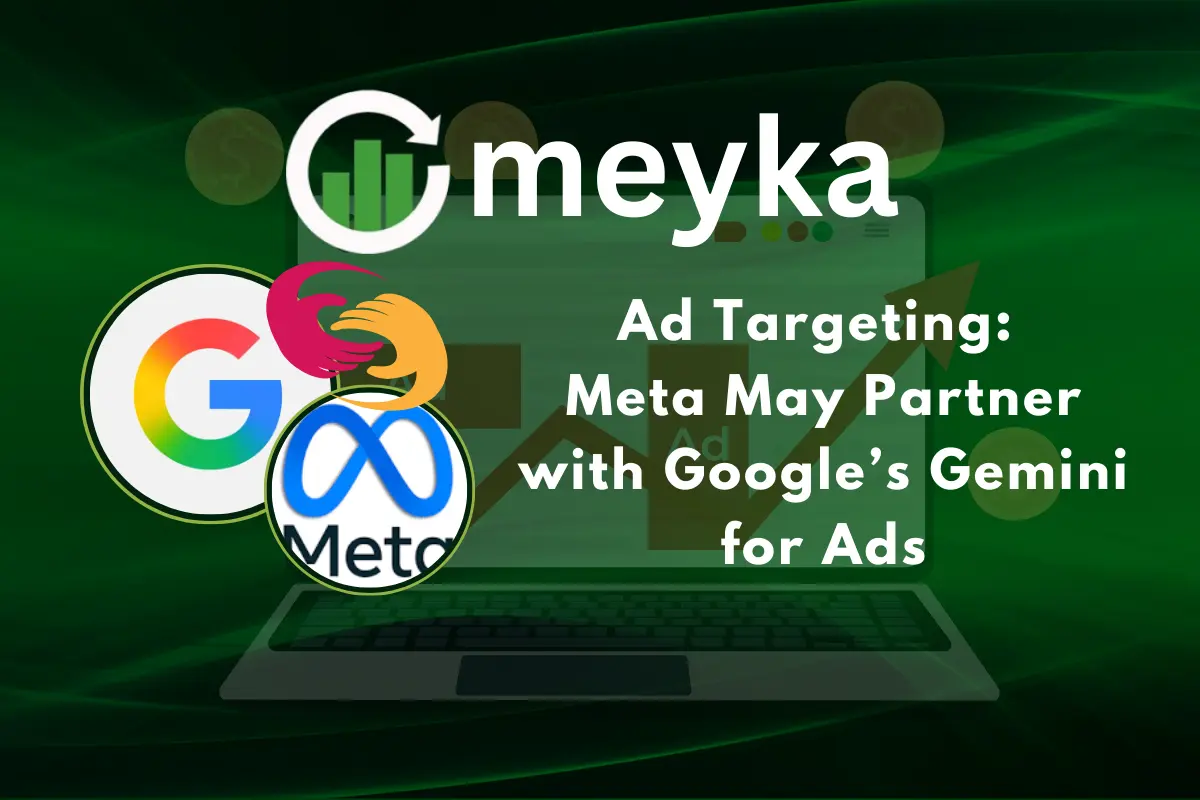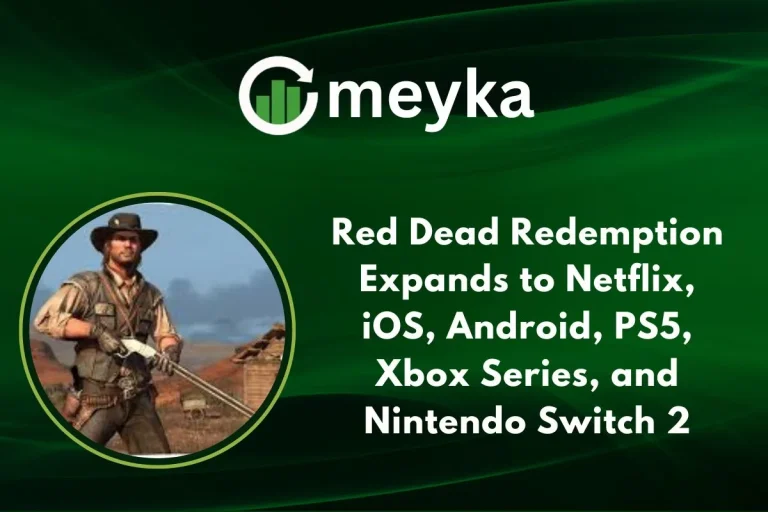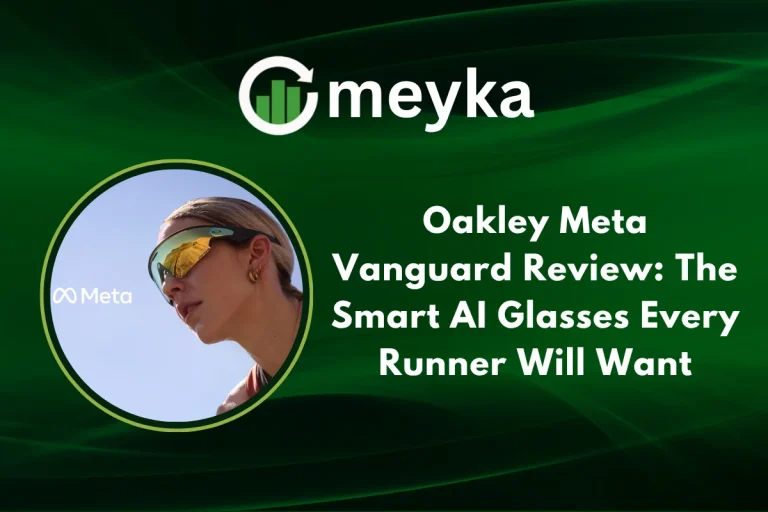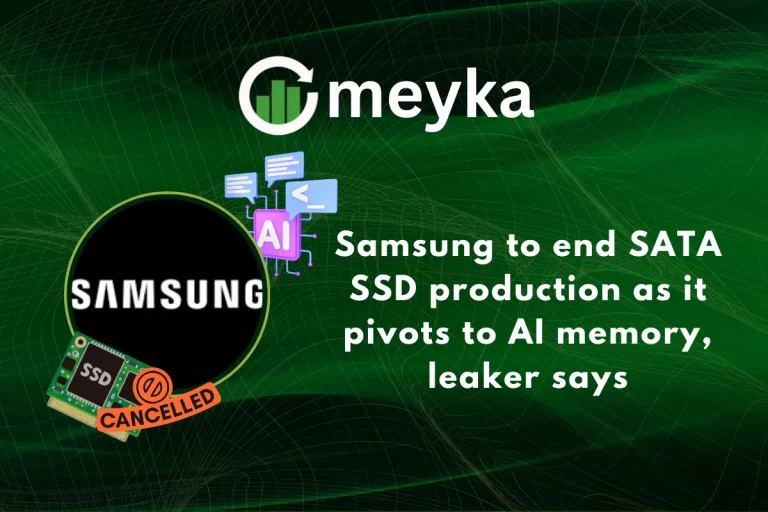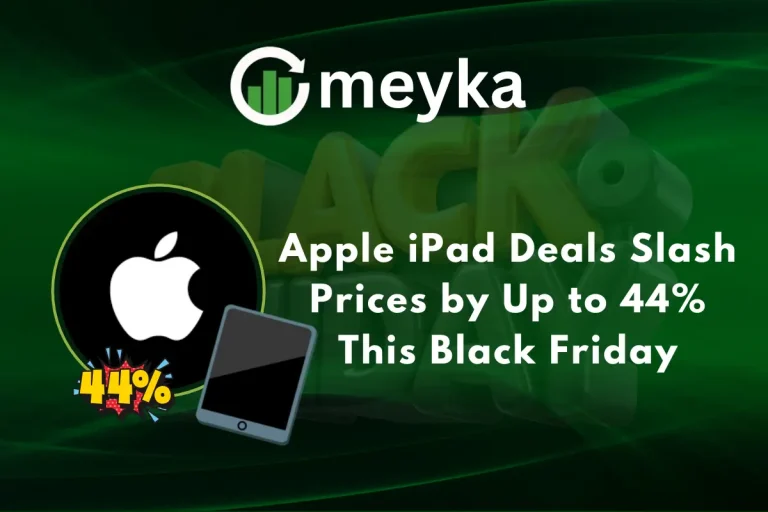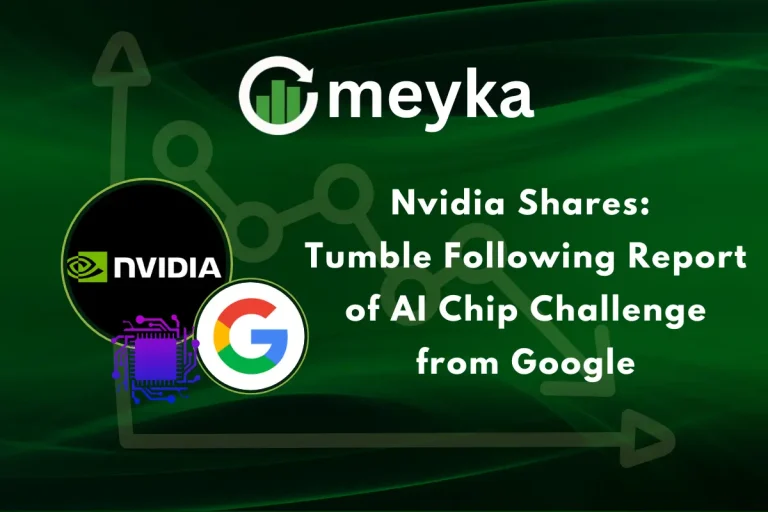Ad Targeting: Meta May Partner with Google’s Gemini for Ads
Digital ads fuel most of the internet economy. In 2024, Meta earned over 97% of its revenue from ads across Facebook, Instagram, and WhatsApp. At the same time, Google has been busy with Gemini, its advanced AI model, launched in December 2023. Now, a possible partnership between Meta and Google’s Gemini is drawing attention.
Why does it matter? Because ad targeting is getting harder. Apple’s privacy rules cut Meta’s data access in 2021. Regulators in Europe and the U.S. keep pushing for stricter data use. Competition from TikTok and other platforms is also rising fast. We can see that Meta needs stronger AI support to keep advertisers happy.
Gemini offers natural language, vision, and predictive skills. If Meta adds this power to its ad tools, businesses could get sharper targeting and better results. For us as users, it could mean ads that feel more relevant, or too personal.
This possible tie-up is not just about two companies. It could reshape the way we see digital ads in 2025 and beyond.
Background: The Digital Advertising Era

Digital ads drive huge income for tech firms. Advertisers now expect smarter targeting and clearer results. Privacy rules from Apple and stricter laws in Europe changed how platforms collect data. Companies turned to AI to keep ads effective while handling less direct user data. Advertisers also face new rivals. Short-form video apps and niche platforms take attention away from classic social feeds. This forces ad platforms to find new ways to match ads to people.
Meta’s Advertising Strategy

Meta depends heavily on ad sales from Facebook, Instagram, and WhatsApp. The company has poured billions into in-house AI and its LLaMA models. Still, scaling complex AI across billions of users is hard. The firm faces lower visibility into user behavior after Apple’s IDFA changes in 2021. Advertisers want predictable returns. Meta needs systems that can read signals and predict outcomes fast. These pressures explain why outside AI options look attractive.
Google’s Gemini AI: Capabilities and Relevance
Gemini is Google’s advanced, multimodal AI family. It can read text, look at images, and handle complex queries. Google unveiled major Gemini updates at events like Google I/O 2025. Those moves expanded Gemini’s reasoning and creative tools. Google also built Gemini into ad products to automate creative tasks and improve targeting. The model can summarize intent, suggest ad copy, and help forecast which creative will perform better. These features make Gemini useful to ad platforms that need fast, reliable insights.
The Potential Partnership
Reports on September 25-26, 2025, say Meta held early talks with Google Cloud about using Gemini and the open-source Gemma model. One idea is to fine-tune those models with Meta’s ad data. That would let Google’s models learn from Meta’s signals. Talks are in early stages and might not lead to a deal. Still, the discussions highlight a rare moment: two big ad rivals exploring cooperation. If a deal happens, it might focus on model access or cloud-based APIs. Choices will shape what parts of the tech stack are shared.
Opportunities for Advertisers and Businesses
Access to a stronger AI could raise ad relevance. Ads could match intent more closely. That may raise click-through rates and lower wasted spend. Small businesses could get better creative suggestions and a simpler campaign setup. Cross-platform campaigns might run with more consistent signals. Machine-driven creative testing could lower campaign setup time. Tools that blend Meta’s audience reach with Gemini’s language and image skills would appeal to many marketers.
Concerns and Challenges
Privacy will be the top concern. Fine-tuning Gemini on Meta’s data raises questions about user consent and data control. Regulators in the EU and the U.S. are watching big tech closely. Any deep technical link between Meta and Google would draw review. Antitrust checks are possible because the tie could shape the ad market. Another issue is vendor lock-in. Relying on a rival’s AI could limit future options. Finally, there is reputational risk. Users may react badly to ads that feel too personal or intrusive.
Ethical AI Use in Advertising
AI can help or harm. The models may adopt biases present in training data. Ads might favor certain groups or exclude others. Platforms must run audits and bias checks. Transparency helps. Clear labels and opt-outs give users control. Companies should publish guardrails for ad use. Independent reviews can also build trust. Ethical rules are vital if AI alters who sees what ads and why.
Industry Impact: What This Could Mean?
A Meta-Gemini tie-up would shift power in ad tech. Google would expand Gemini’s reach beyond search and YouTube. Meta would gain an advanced tool without rebuilding everything from scratch. Competitors like Microsoft and OpenAI might react with new partnerships. Ad agencies would need to retrain staff for AI-first workflows. The whole market could see faster consolidation of AI capabilities inside a few major clouds. That would change buying patterns and the role of third-party ad tech firms.
Future Outlook
If a formal deal forms, expect a phased approach. Initial tests may focus on creative optimization and forecasting. Next steps could include deeper audience modeling. Regulators will likely monitor pilots closely. Over time, ads could become more contextual and less intrusive if privacy-safe methods are used.
Alternatively, the trend could fuel tighter industry control by big cloud providers and platforms. Either path will reshape how brands reach people online in 2026 and beyond. Mentioning specific dates helps set a clear timeline: the talks surfaced on September 25-26, 2025, and Google’s Gemini has been rolling out features since December 2023 and through 2025.
Bottom Line
The talks between Meta and Google show how vital AI is to advertising. Both firms face strong pressure to keep ad tools working well. A partnership could offer big gains for advertisers. It could also deepen regulatory and ethical debates. Watch for official statements and pilot announcements in the coming months. The outcome will affect marketers, platforms, and consumers alike.
Disclaimer: The above information is based on current market data, which is subject to change, and does not constitute financial advice. Always do your research.
